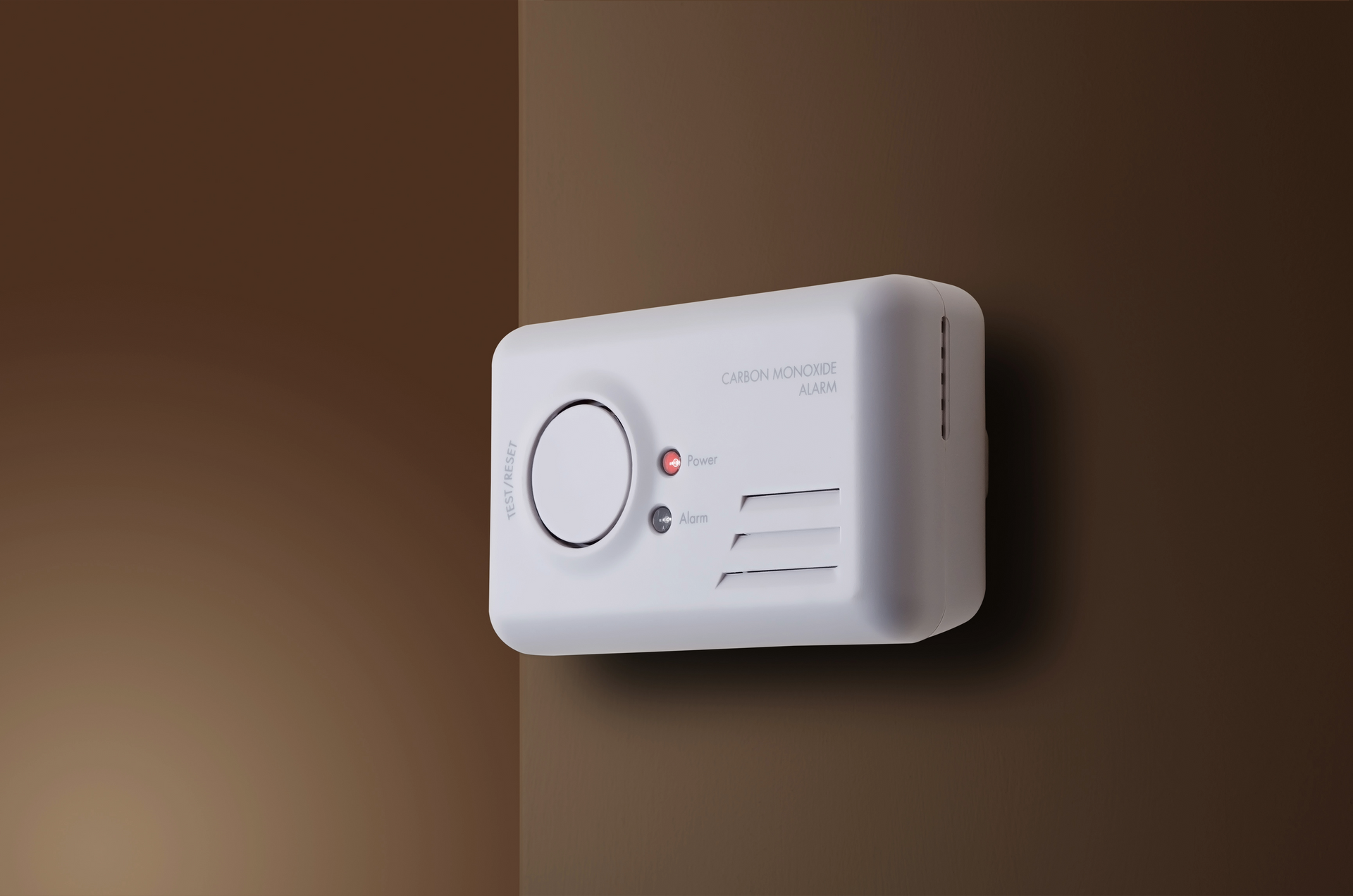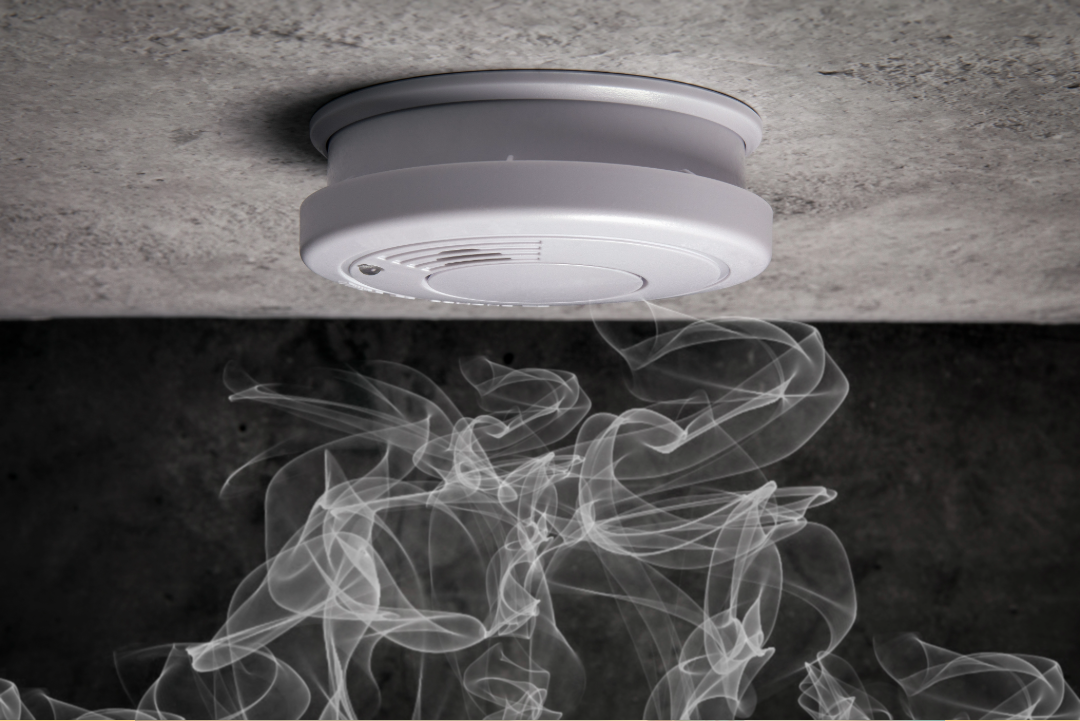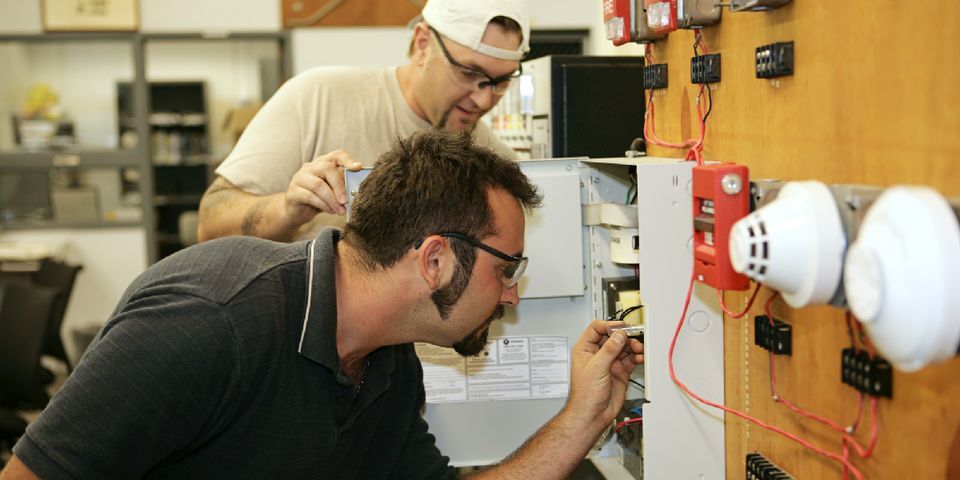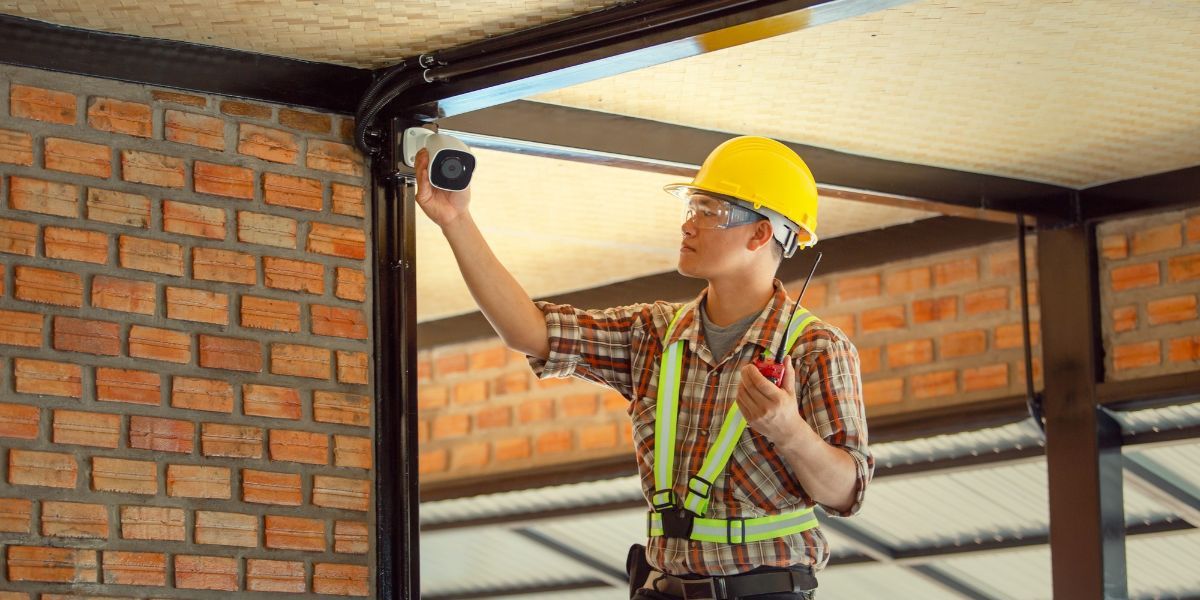Fire Safety: The Importance of Being Prepared
How Important is Fire Safety?
Fires are unpredictable, and when they start, they will spread rapidly. Fires are deadly and can quickly become a disaster. To prevent a fire or to safely battle one, preparation is key.
To help you prepare here is a short checklist of things that you must have or do:
Working smoke detectors – the first line of defense is to have working smoke detectors. According to the Red Cross, at least 60 percent of fires occur in homes without working smoke detectors. This leaves you, your family and property at risk when a fire breaks out. Because smoke and heat can be more dangerous than the fire itself, causing you to lose consciousness and lessening the chance of you escaping, you should invest in a proper smoke detector. In security alarm or fire alarm applications, you can add smoke detectors that are monitored. Different than the type smoke detectors that come standard in most homes, these monitored smoke detector is another layer of security and should one of them alert, they will sound and the monitoring station will be calling the fire department.
Location of Smoke Detectors – fire does not only occur in the kitchen. Smoke detectors should, therefore, be placed throughout the home or business to detect any form of fire throughout the building and to give everyone a chance to receive a notification of a possible fire.
Fire suppression systems – whether through automatic fire sprinkler systems or fire extinguishers , your home or business should have the necessary fire suppression equipment installed. These can make a difference in total loss of property and life.
Monitored fire alarms – if the alarm goes off and you are not there to call the fire brigade, what will happen to your home or business? With a monitored system, the Monitoring station will be notified immediately of an alarm and if they cannot reach you they will immediately contact the relevant authorities to arrange for the blaze to be put out.
Develop an Escape Plan – whether at home or at work, ensure that you have a feasible escape plan which you have tested on multiple occasions. In businesses, ensure the exits are clearly marked and that all staff knows where the assembly points are. In homes, everyone should know the nearest exits, the alternatives, and the meet-up points afterward.
Review potential hazards – electrical appliances with frayed wires can lead to a fire. Ensure that you check your appliance and have them repaired as needed. Potential risk factors that can also lead to hazardous and potentially life-threatening situations include your cooking practices and leaving children unattended. If you use a wooden fireplace, inspect it to ensure that the chimney, for example, is not blocked. If you smoke, do it outside.
Know your equipment – carbon monoxide sensors are not smoke detectors or a fire alarm. Ensure that the devices you have are certified to detect smoke and to sound a fire alarm.
Proper fire safety planning will make the difference between life and death. It is, therefore, essential that whether at home or at work, you are prepared in the event of a fire. You can help your preparation with automated fire detection , fire alarm and fire suppression systems . If you need assistance in putting together your fire safety precautions, then contact ATP Alarms . We will help you identify the risk areas and install the appropriate fire systems to protect life and property. Give us a call today!
The post Fire Safety: The Importance of Being Prepared appeared first on ATP Alarms.










